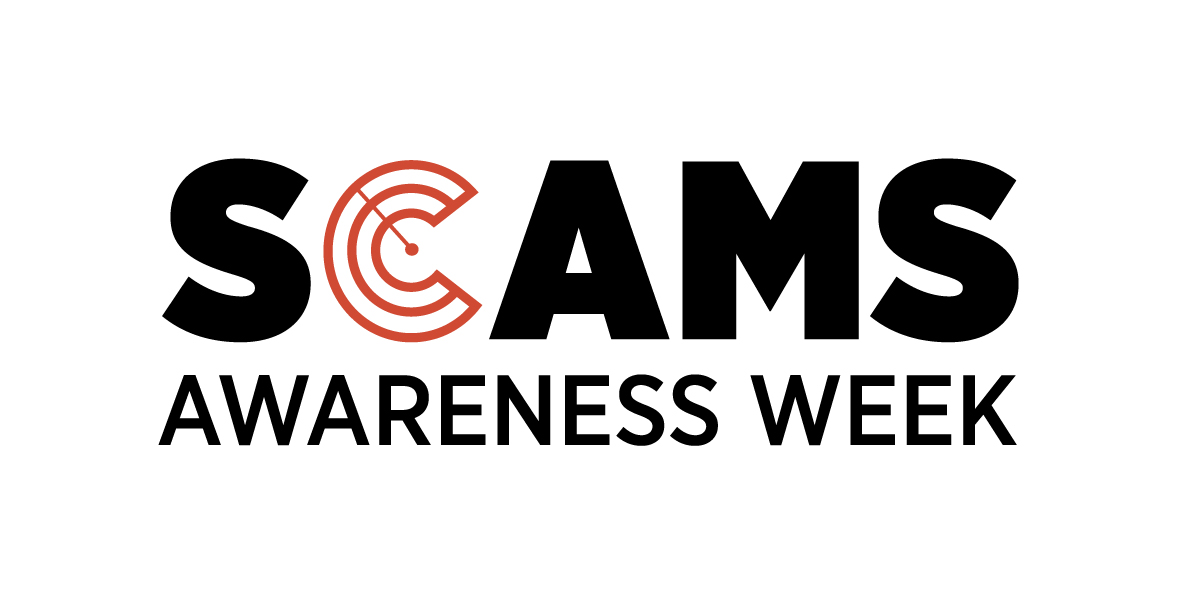We live in a digital world – we manage money, pay bills and connect with each other socially via the web and our smartphones.
Unfortunately, scammers also work and manage their money this way, using increasingly savvy tactics to access personal information of unsuspecting web users, which they use for identity theft and financial gain.
National Scams Awareness Week (17 – 21 August) is a great time to do a privacy and security health-check of your Centrelink, Child Support and Medicare online accounts.
Here’s our tips to protect yourself while doing business with us:
Emails, SMS and phone
We’ll never ask you to reply to us by email or SMS, or send links or attachments. Clicking on a link in an email or SMS may take you to a fake website. Always double check the address ends in ‘.gov.au’.
If you get an email or SMS reminder from us, go to myGov and sign into your account to make sure it’s really from us. Don’t open emails or text messages that look suspicious.
If you get an unexpected call from someone claiming to work for us, be cautious. Ask the caller for their name and contact information. If in doubt, hang up and call us back to check. Use one of the numbers under ‘Phone us’ at servicesaustralia.gov.au.
Strong passwords
A weak password puts you at risk of being hacked. We recommend using a passphrase instead. Make it unique to you, at least 15 characters long, a combination of alpha-numeric characters, upper and lower case letters and punctuation.
Secure connections
Public wi-fi in shopping centres, airports or cafes can be unsafe. Check the privacy and security clauses before agreeing to any website or connection’s terms of use. Look for a secure connection by checking for ‘https’ and a padlock symbol in the address bar. If you use your device regularly on the move, consider installing a Virtual Private Network (VPN) which will create a secure connection.
BeConnected
I recommend using the tools on the Australian Government eSafety Commissioner’s ‘Be Connected’ website – www.esafety.gov.au. It’s a great resource for people to build digital confidence and learn how to use technology safely. There are interactive courses on a range of topics including using online banking, buying and selling online and how to use social networking sites to stay in touch with loved ones.
And finally, remember the golden rule:
If it looks or sounds too good to be true, it probably is.
Be aware that scams exist, and do your research when communicating with individuals or organisations online.
If you think you may have been scammed by someone claiming to be from Centrelink, Medicare, Child Support or myGov, report it by calling our Scams and Identity Theft Helpdesk on 1800 941 126 between 8am and 5pm weekdays.
I recently sat down with one of our Financial Information Service officers to discuss scams. If you’d like to take a listen, visit www.mediahub.servicesaustralia.gov.au.
Until next time.
If you have a question of a general nature for Services Australia general manager Hank Jongen, simply email info@haveagonews.com.au with Hank in the subject line.
































